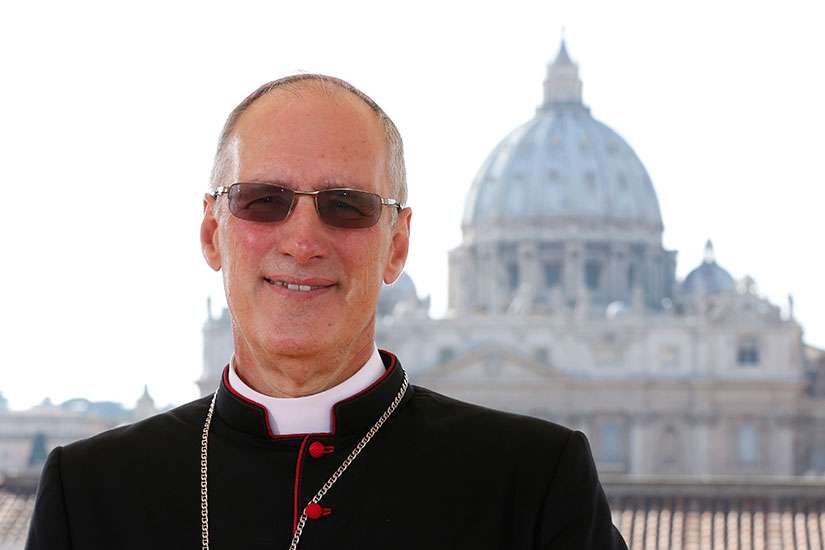“In the section entitled "The Transmission of Life and the Rearing of Children", the Holy Father points out that "if the family is the sanctuary of life, the place where life is conceived and cared for, it is a horrendous contradiction when it becomes a place where life is rejected and destroyed,” the CCCB said in an April 8 statement.
At the same time as the Canadian government is crafting a law that would permit doctor-assisted death, “Amoris Laetitia reiterates the necessity of protecting human life from beginning to its natural end,” said the bishops.
The Pope also stressed the duty of conscientious objection in healthcare facilities and the “urgency to assert the right to a natural death without aggressive treatment and euthanasia,” the CCCB statement said.
The bishops urged a “prayerful reception” of Pope Francis’ 238-page teaching on marriage and family by the faithful. They recommended it be studied by married couples and families.
“The Bishops of Canada are deeply thankful to Pope Francis for focusing the attention of the universal Church on the importance of marriage and family, for reminding all the faithful of the urgent priority of accompanying families in hope and mercy, and for inviting Christian families to ‘value the gifts of marriage and the family,’” they said.
Amoris Laetitia represents a more than three-year process of consultation, including a survey of the faithful around the world, Gatineau Archbishop Paul-André Durocher told an April 8 press conference in Ottawa. Durocher attended both the 2014 and 2015 synods that form the basis of the new papal teaching.
“I think the Pope is inviting us to be a church of dialog and mutual listening,” Archbishop Durocher said.
Some of the text reads like Wisdom literature, he said.
“The text is an invitation to rediscover the beauty of marriage and the family and to protect it and cherish it,” he said.
It does not represent a compromise. Rather, the Pope’s advising people not to fall into one extreme or another, Durocher said. On justice and mercy, it is not a question of one or the other, but “how we hold the two together.”
Ottawa Archbishop Terrence Prendergast said the big challenge will be answering the Pope’s call to accompany families and couples both before and after marriage, considering the shortage of priests and of pastoral workers.
Prendergast noted divorce, combined families, and the fact many are not marrying at all for fear of commitment is touching everyone in a way these things did not in previous decades. Clearly, “the family is in need of support.”
The exhortation “gives us a guide book for the future,” he said.
Amy Lau, who with her husband represented the Ottawa archdiocese at last year’s World Meeting of Families in Philadelphia, said the Pope is calling for a “more intimate and fruitful connection between the head and the heart.”
She noted the Pope’s image of the Church as a field hospital for the wounded. “Pope Francis is calling on us as families to open our homes and our churches to the wounded of today’s world and to accompany them.”
Her husband, Tim Lau, said the document is timely for the Jubilee Year of Mercy.
“God remakes the world through families because it is through the family new generations come,” he said.

